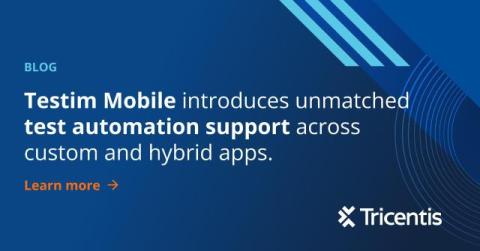Introducing the New DreamFactory Chrome Extension API Tool!
We’re thrilled to announce the launch of our brand-new DreamFactory API Tools Chrome Extension, designed to make API development faster and more efficient than ever before. This powerful tool brings all your favorite API testing capabilities right to your browser, allowing you to easily generate cURL commands, manage HTTP headers, and test endpoints on the fly. Whether you're working with REST APIs or handling JSON payloads, our extension streamlines your workflow, saving you time and effort.










